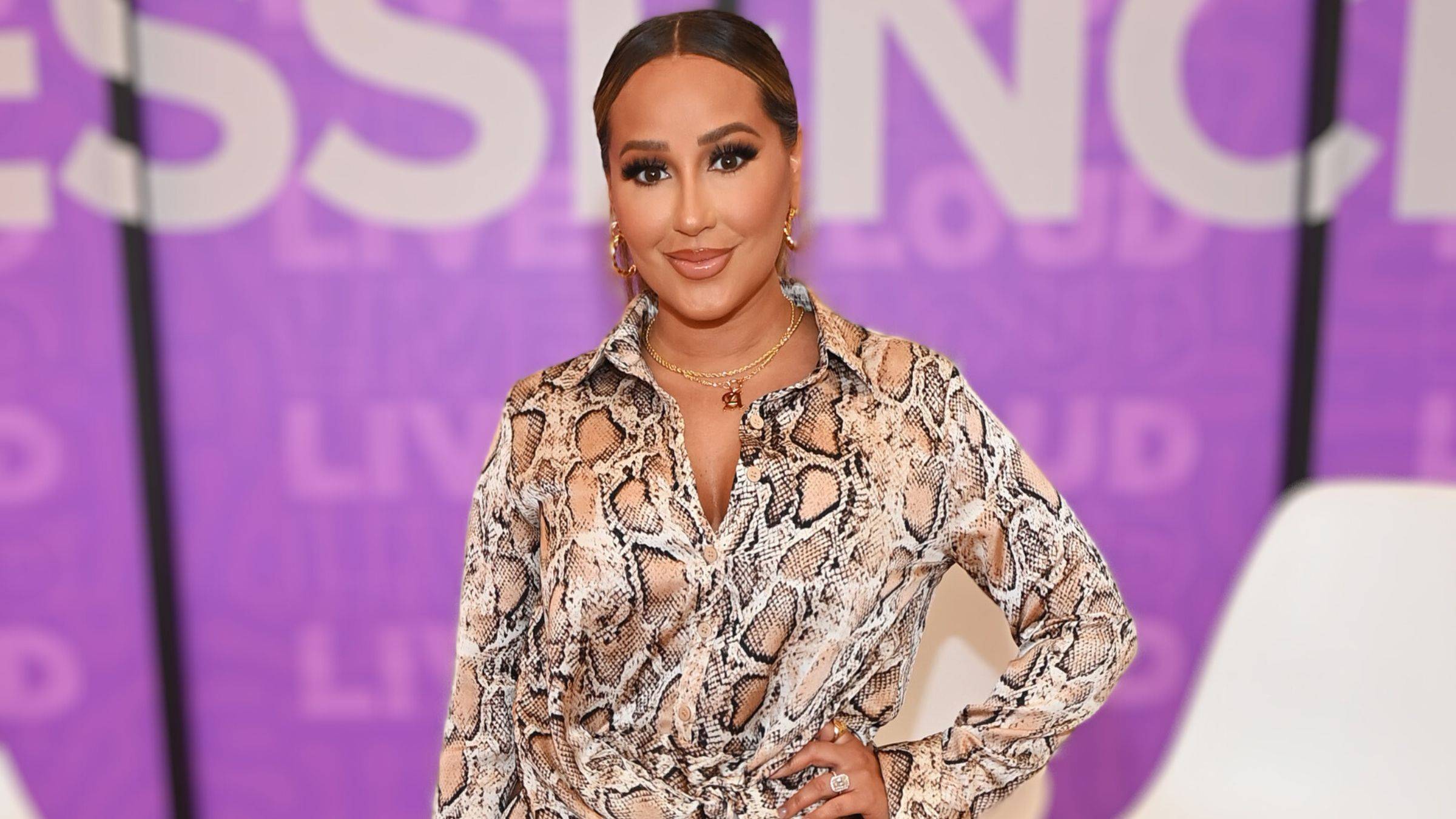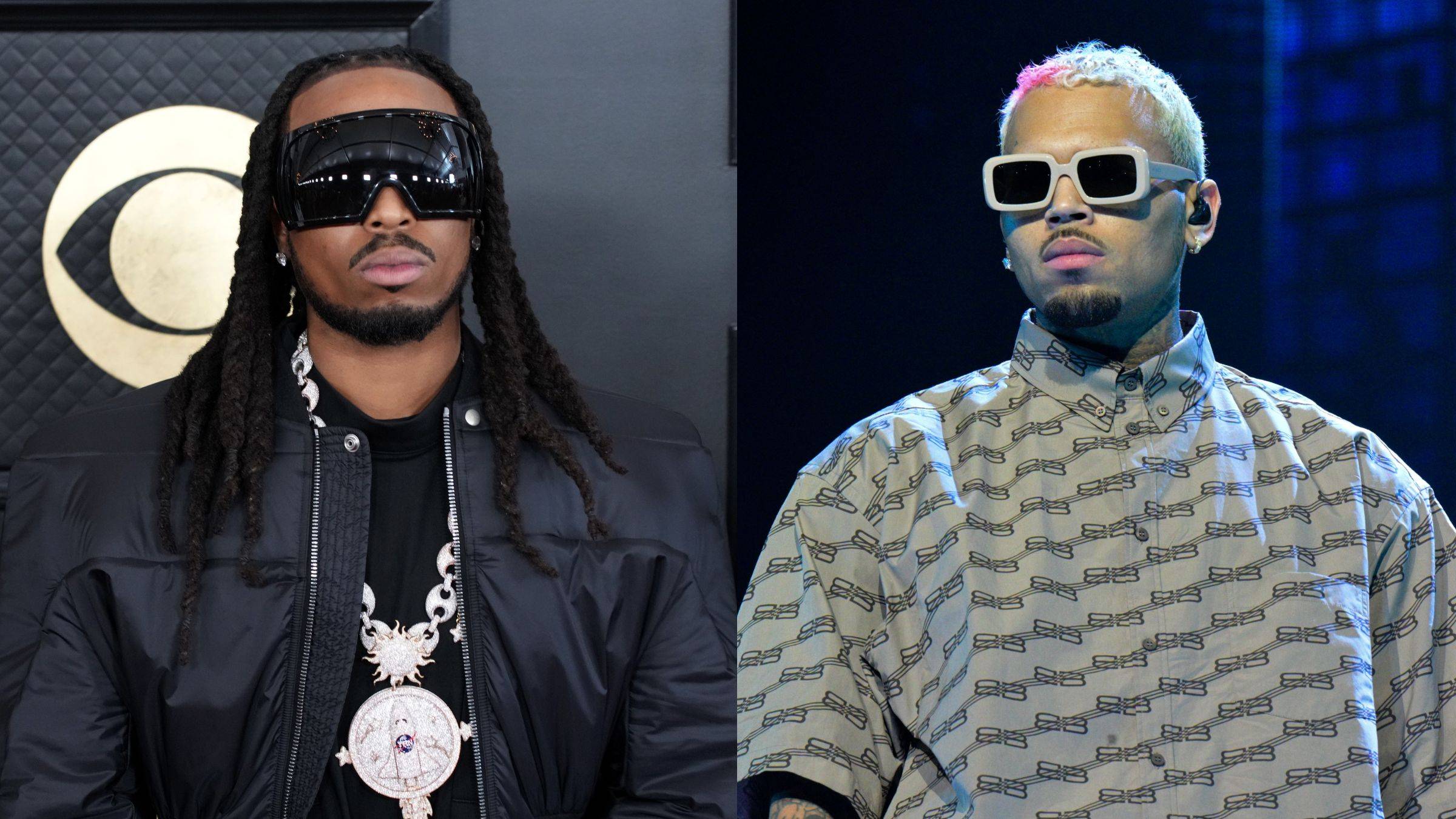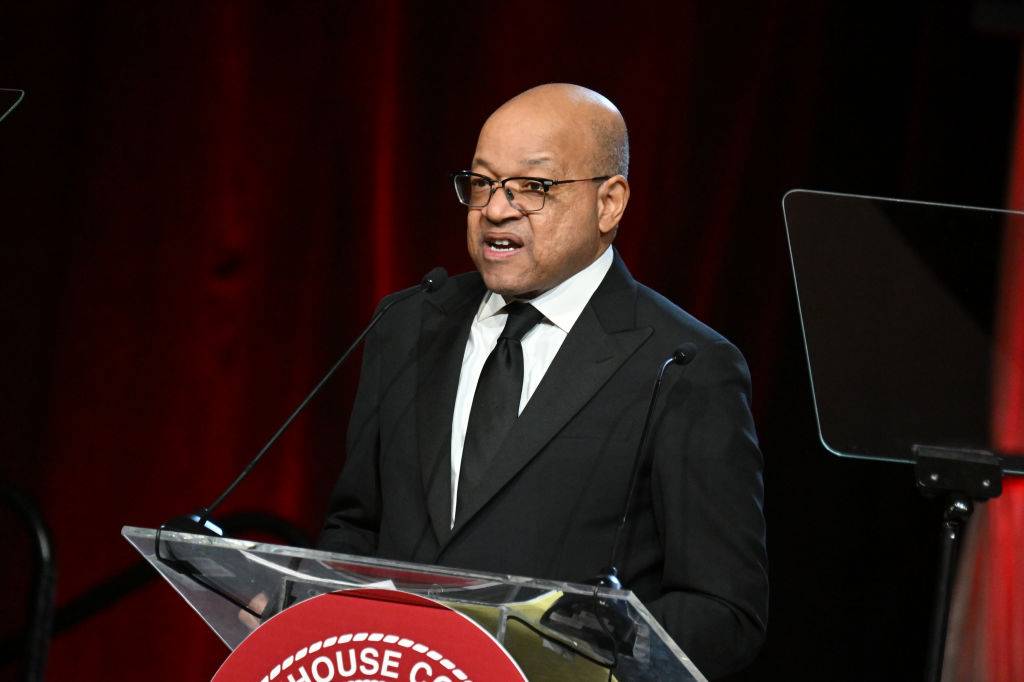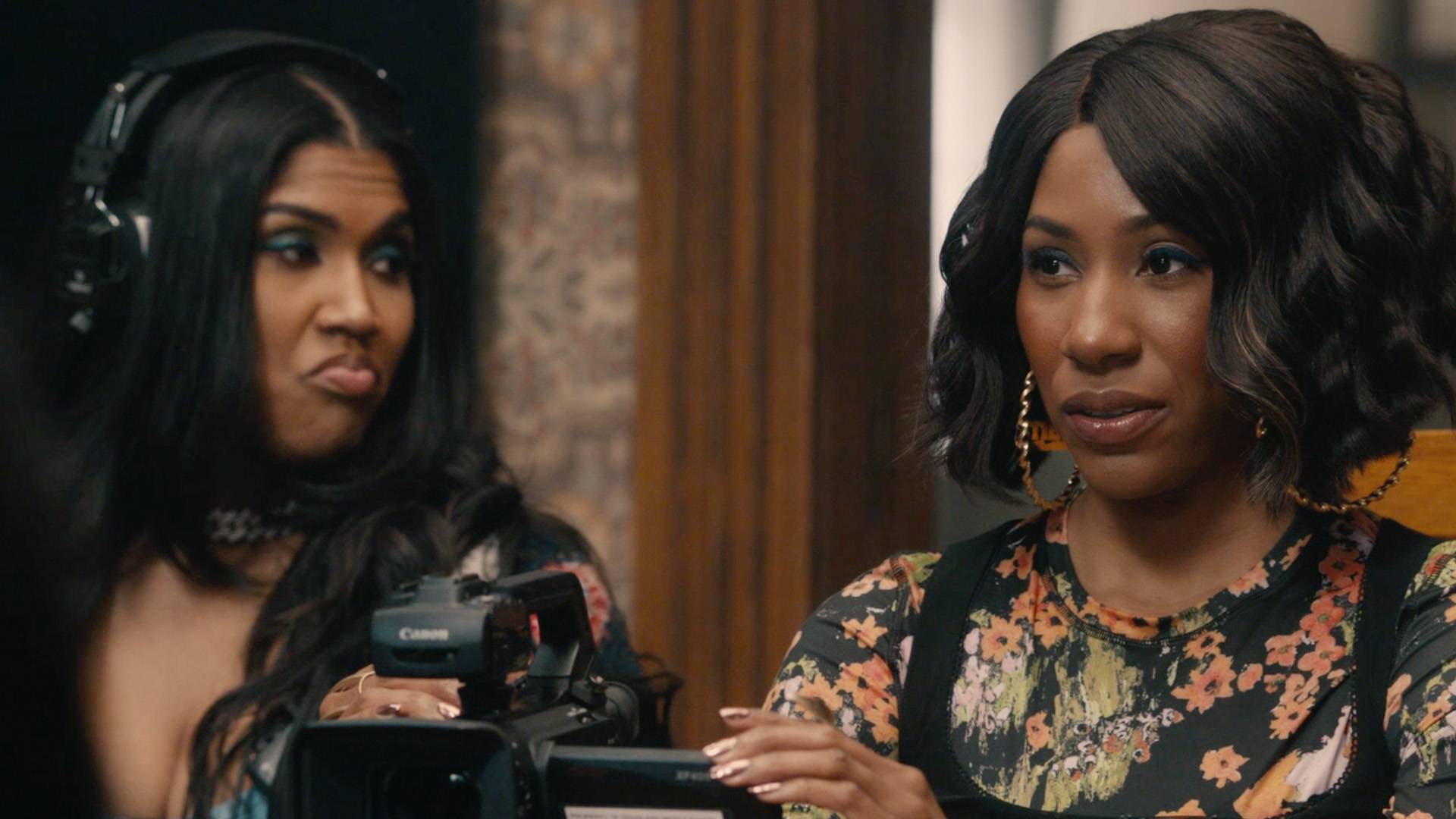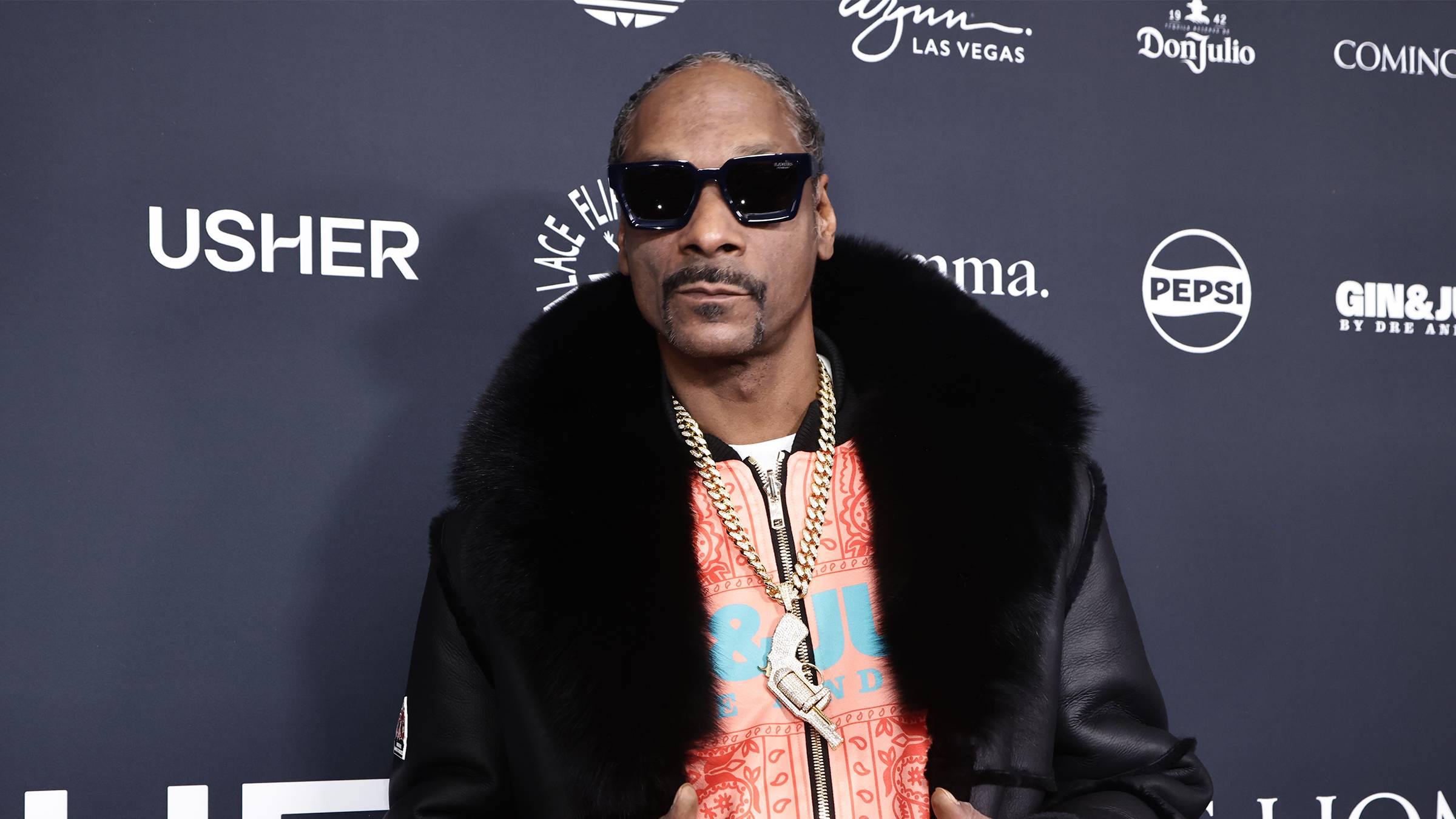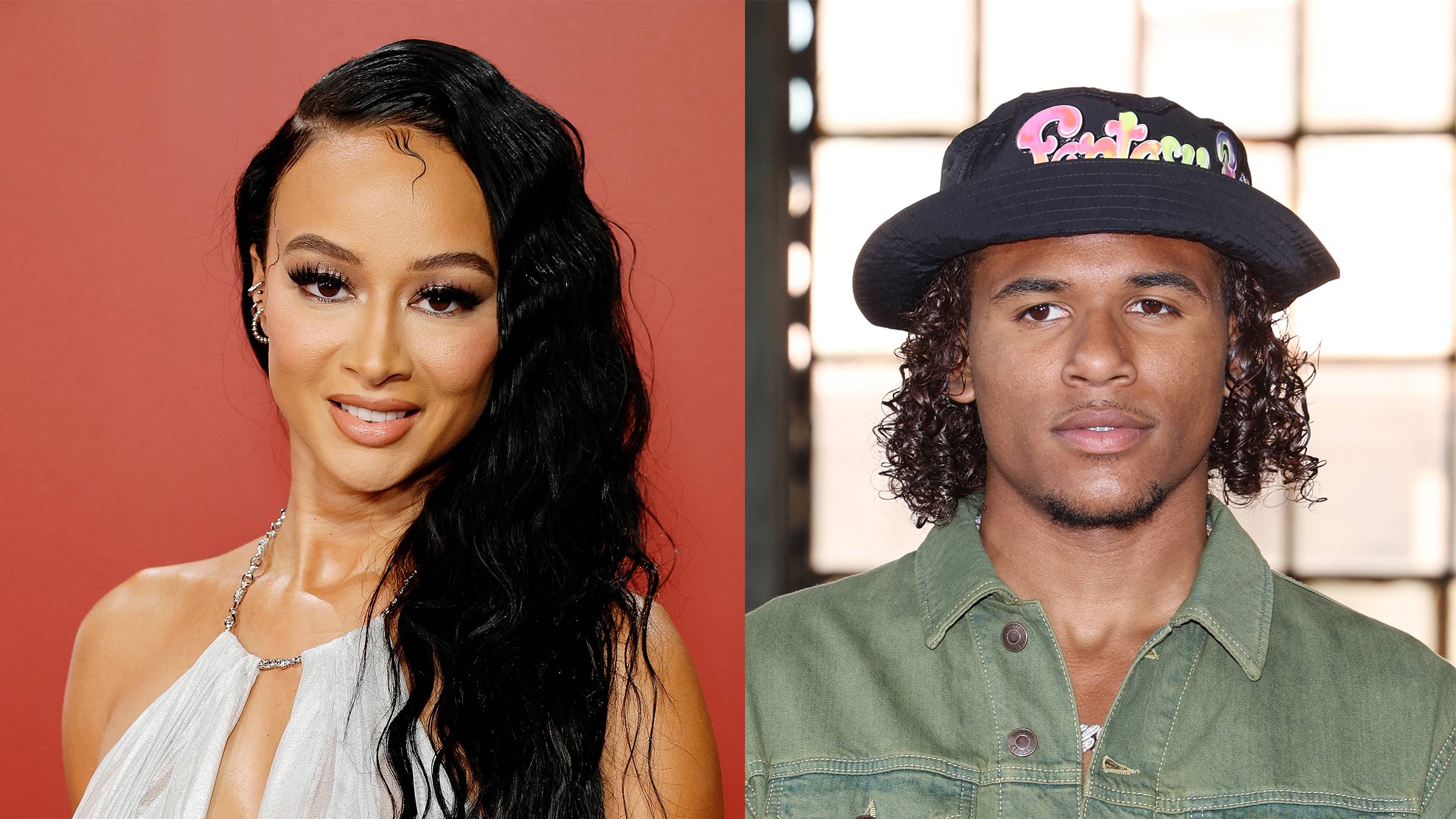Q&A: Lens on Talent Season 2 Winner Rashaad Ernesto Green

The last time we spoke to Rashaad Ernesto Green, it was just days after he found out that he won Season 2 of Lens on Talent for his short film, Premature. In our follow-up conversation with Green, we discuss how the former actor got into directing and the state of the film industry for black and Latinos.
What attracted you to filmmaking?
I was an actor first. I fell in love with acting in college and I pursued a master's degree in acting. I came out into the real world and realized how little voice we as actors have. Instead of being frustrated with the industry, I decided to put my pen where my mouth was and write the roles that I wanted to see and tell the stories I wished to create.
What was the transition like from acting to directing?
It was a pretty natural one just because I had such a foundation as an actor. I thought I was going to be behind the 8-ball. I went back to school at New York University and I was worried that all these kids have been making films all their life and I’m going to have to really learn every facet of this thing from scratch, which was true. But I had something a little different—the intensive acting background. I have years of education in acting, which is very important when it comes to directing. So much can be said for visual direction, but when it comes to getting the performances from actors, I had that. It also helped me with my writing as well. I knew how to begin and end a scene, knowing that a beginning, middle and end has to do with the journey of a character, and where that character is in each scene. The acting helps with all of that. It helped with the visual direction as well. There’s a certain way I like to shoot and it has to do with making it feel real and authentic. It all surrounds the performance itself. There’s a way I like to edit. I like to edit showing the emotion of the character and really getting in there and making you feel what that character is going through. I’m really grateful that I didn’t know I wanted to be a director at first because if I would have went just for that, I wouldn’t have been as successful.
Do you miss acting at all?
Good question. I feel like I haven’t diverted. It feels like when I’m directing actors, I’m still onstage. I’m still getting to perform even though I’m not in front of the camera. I get to bring out a performance and it feels just as good. With acting also comes the life of being an actor, and that’s the part I really didn’t love. It’s very unstable unfortunately. They don’t always know where their next job is coming from. We don’t always know because the decision-making is not in our hands—it’s being made by whoever is writing that script or whoever is directing or producing that next thing. The acting itself is a beautiful thing, but when you start to consider everything that comes with it, I’m glad I made the transition and I don’t have time honestly to think about whether I miss it or not. I’m enjoying what I’m doing right now.
Favorite director?
That’s a tough one. I’m a really big fan of Spike Lee of course, just from my childhood and what he’s done over his entire career. He was also my professor at NYU and mentor. Outside of Spike, I really like what Paul Greengrass is doing. He’s the guy who directed The Bourne Supremacy, Bloody Sunday, United 93. I really loved his stuff. I like Seith Mann, a television director and a mentor. He did a short called Five Deep Breaths, which is absolutely fantastic. He’s directed for The Wire, Grey’s Anatomy and he has a really wonderful eye.
As an African-American and Latino, how important was it for you to tell stories from your point of view?
I don’t see how to tell a story from another person’s point of view. It’s paramount to the authenticity of the film that it come from a voice that I can identify with or at least have compassion for. It’s important to me that I tell stories that are close to me. That doesn’t mean I won’t branch out to other cultures or subject matters. At least for this one [Gun Hill Road], because it’s my first feature... They said when you’re starting out, write what you know first. I wrote what I know of the Bronx and I wrote what I know of my family.
What’s the latest on Gun Hill Road?
We are still doing the festival circuit and we will release in New York on August 5, and Los Angeles—I’m not sure yet if it will be the same date or a week later.
How would you judge the state of the film industry for Blacks and Latinos?
It’s tough to hold Hollywood accountable for the lack of Black and Latino directors. I wish we could. The fact remains that the Hollywood system is completely dependent on dollars, and if white, Black and Latino people all go to patronize white mainstream movies, then that’s going to be the model that they take. That’s going to be the only thing that they want to make because they are going to have all the segments of the population going to see this type of work. As soon as you make the lead character Black or Latino or as soon as it’s dealing with subject matter that’s not in the "majority culture," in their eyes, they’re cutting dollars out of their pocket. You’re having only certain segments of the population support it. You’re only having Blacks and Latinos support it, as opposed to all of the segments. Tyler Perry was able to do it because he was able to lock in his own audience. He was able to produce his own films with his own money from the beginning. Now of course he has help from Lionsgate. My man basically did it all by himself. He had to prove that he could do it first before everybody started knowing he was bankable. With the rest of us that don’t have that kind of bankroll, we have to enter in another door. We have to use the technology that exists right now, which is steadily increasing and becoming more affordable for young filmmakers. The more that starts to happen, the more voices will start to break through.
Have you given any thought to the direction of your next film?
No. I’m excited to start that conversation with BET and Johnson & Johnson about what kind of message we want to put out there. I’m excited to see what’s in store.
(Photo: www.broadwaynightout.com)
